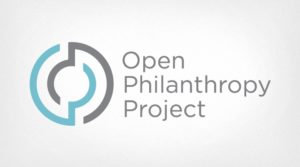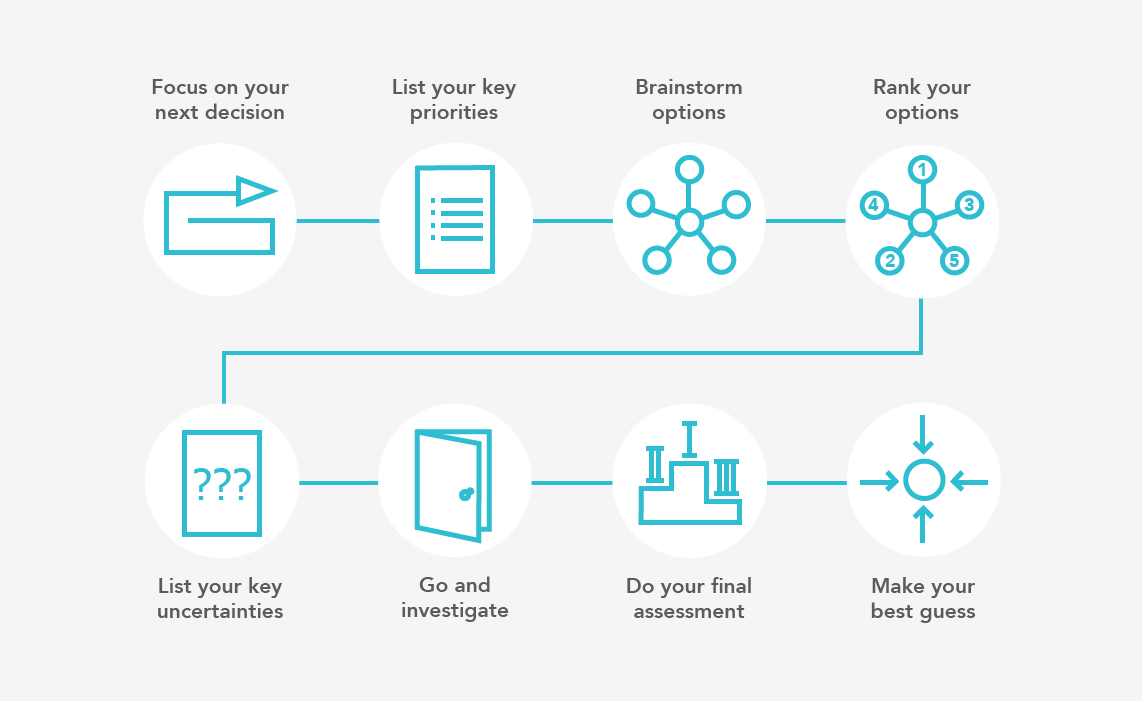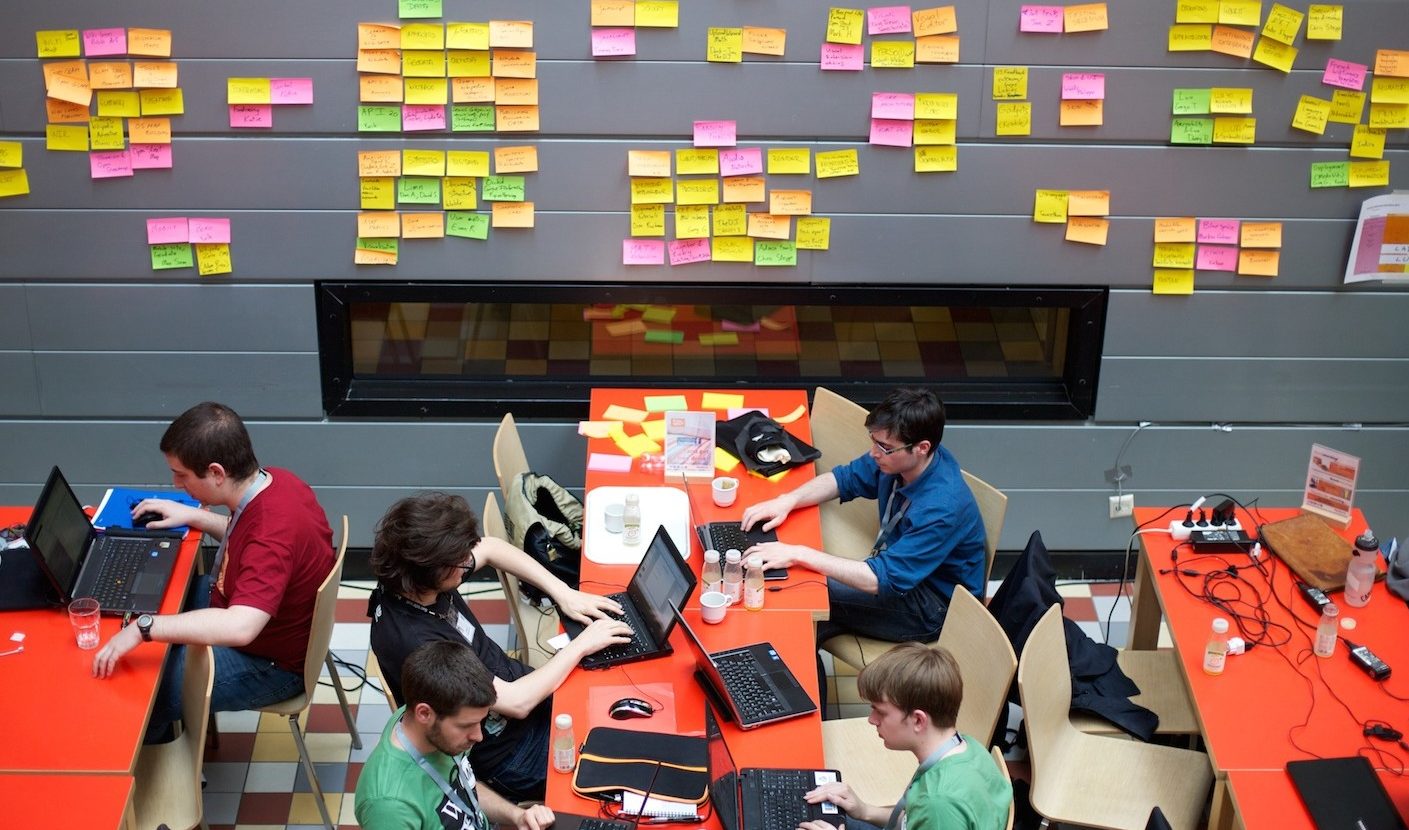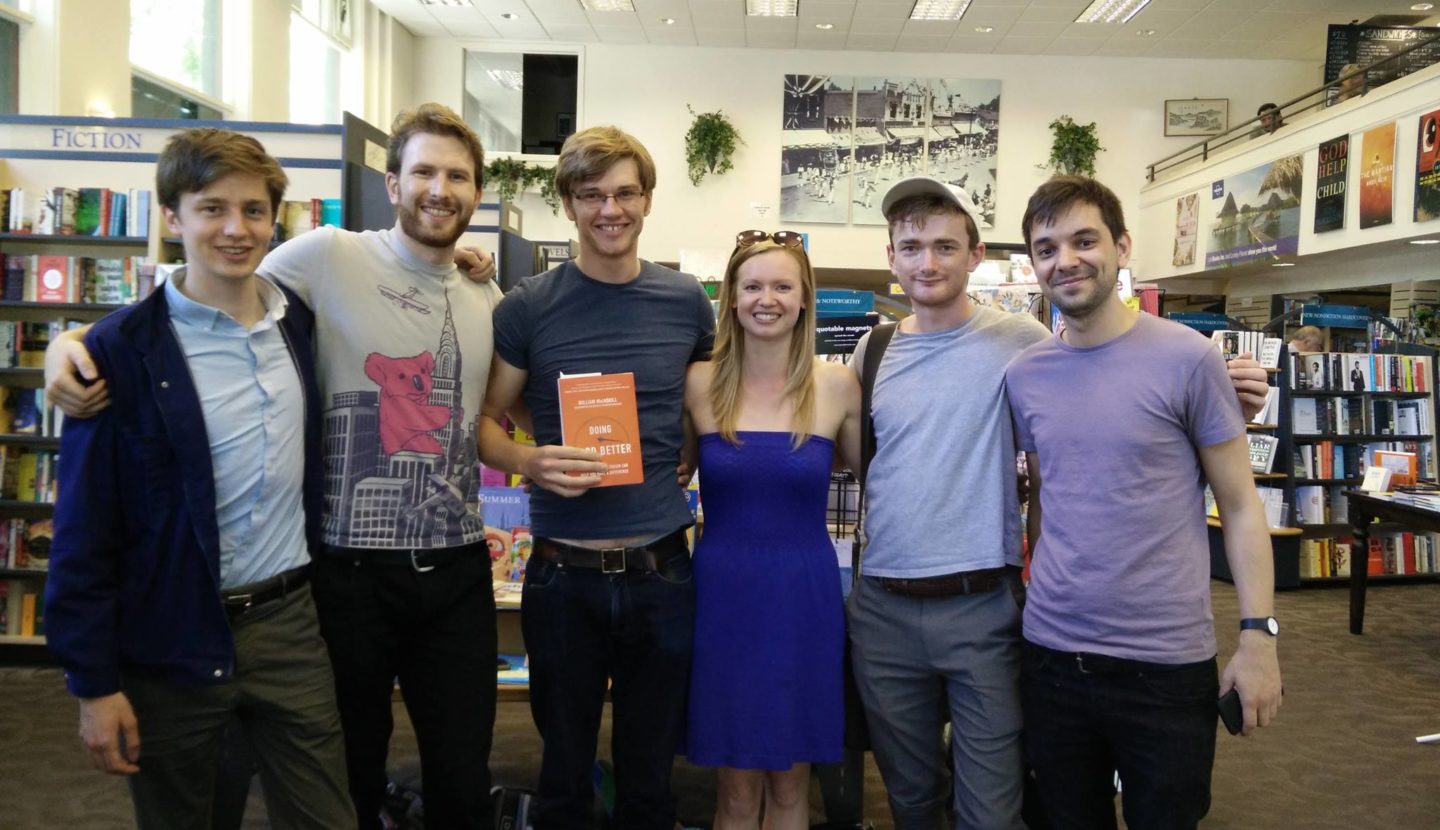Stop assuming ‘declining returns’ in small charities

Amazon is one of the world’s largest companies and is still achieving lower marginal costs as it gets larger. Organisations with just a few people will frequently do much better as they get larger.
We often hear people in our community state, as if obvious, that becoming the 5th employee of an organisation creates less impact than becoming the 4th employee. Similarly, later donations are thought to create less impact than earlier donations. This sentiment was widespread in recent discussion about whether to donate to Giving What We Can, discussions on the EA forum about where to donate, and in discussions I’ve had with people about where to work.
The reason stated is “diminishing marginal returns”. The first staff members take the best opportunities, so the extra opportunities available at the margin are worse, so each extra staff member has less impact.
The problem is, assuming diminishing returns to small organisations contradicts basic economic theory.
According to economics, as an organisation scales up, there’s two opposing forces:
- Economies of scale.
- Diminishing returns.
Economies of scale are a force for increasing returns, and they win out while still at a small scale, so the impact of the 5th staff member can easily be greater than the 4th.
Economies of scale are caused by:
- Gains from specialisation. In a one person organisation,











 A
A 


